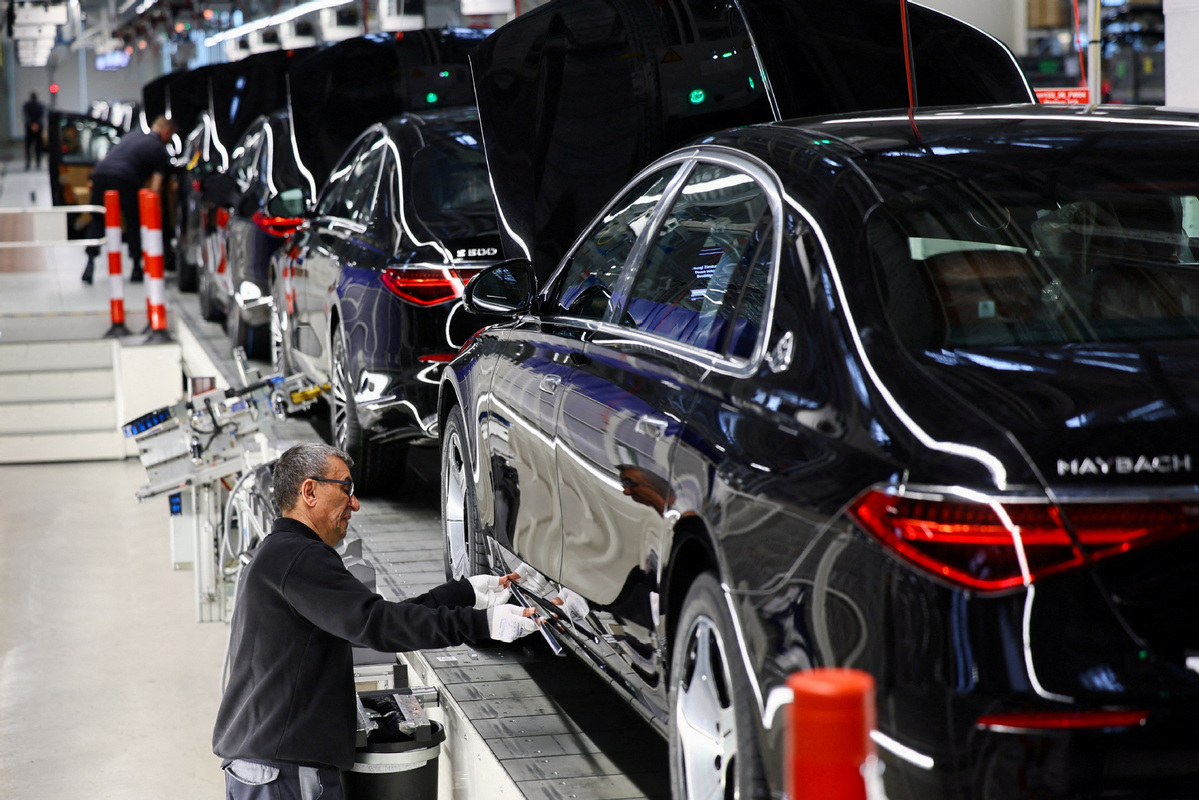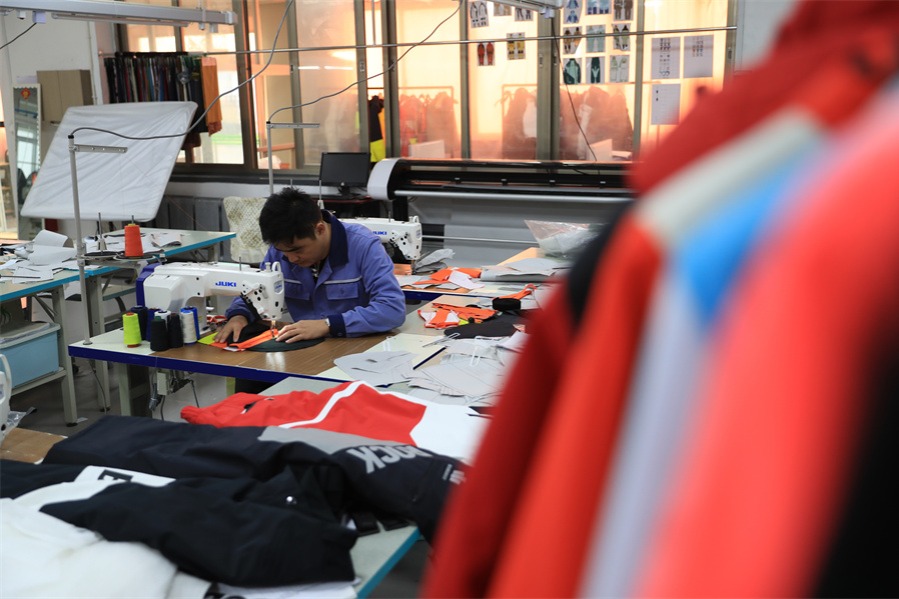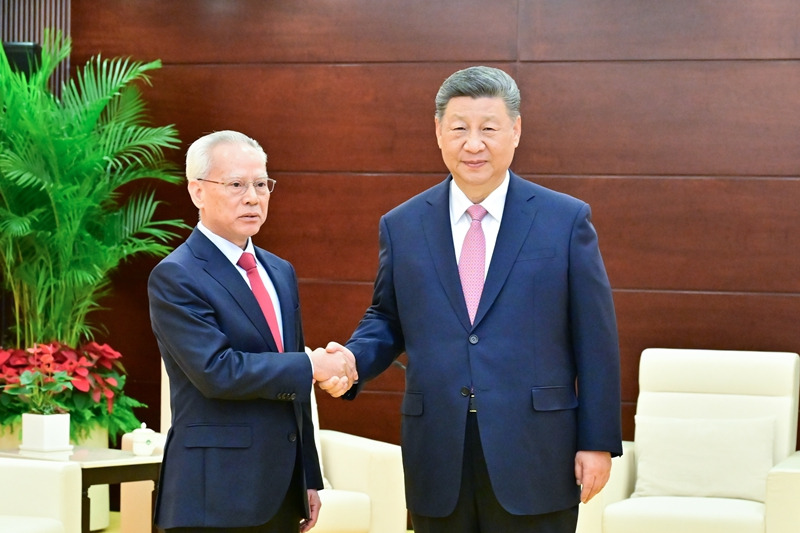Survey: German firms?to invest more in China
Investment: High-tech sector seen as magnet


Nearly 80 percent of surveyed German companies plan to continue with their investments in China, considering it essential for maintaining competitiveness both in the Chinese market and globally, a survey published on Wednesday by the German Chamber of Commerce in China showed.
According to the survey, 5 percent of the respondents currently regard Chinese companies as innovation leaders in their respective industries, while 46 percent foresee them becoming leaders within the next five years.
The survey was conducted between Feb 22 and March 6, with responses from 150 member companies of the chamber, which has more than 2,100 members, including Siemens, Mercedes-Benz Group, Covestro and Bayer Group.
German companies aim to leverage China's innovation system not only to seize growth opportunities but also to maintain their competitive edge, said Maximilian Butek, East China executive director of the German Chamber of Commerce in China.
Noting that Chinese and German companies are increasingly becoming close competitors both in the Chinese and global markets, Butek said this is the reality that German companies must prepare for. They have to strengthen their competitiveness by increasing investment in their China businesses and cooperation with partners and customer services, he said.
China offers substantial opportunities for future progress in sectors such as electric vehicle batteries and autonomous driving. This is why German companies are eager to deepen their market presence in the country, Butek added.
Such sentiments are in line with the latest data. German investment in China surged 19.8 percent year-on-year in the first two months of this year, statistics from the Ministry of Commerce showed.
Highlighting China's big market, efficient supply chains and growing innovation prowess, Anna An, president for China unit at Henkel AG & Co, a German industrial and consumer goods manufacturer, said that China's pursuit of green development has created numerous growth points for German companies including Henkel.
She said the group anticipates additional government measures to further boost consumption in the country in the coming years.
Henkel established a research and development center for its consumer business in Shanghai in January.
Last year, it invested 900 million yuan ($124.43 million) to build an adhesive plant in Yantai, Shandong province, to meet the growing demands of a diverse range of industries, from electronics and automotive to aerospace.
Ling Ji, vice-minister of commerce and China's deputy international trade representative, said that German companies have ample opportunities to leverage the expansion of China's digital economy and green transformation. He made the remark while meeting last week with senior executives of German companies, including BMW Group and Infineon Technologies in Munich.
Noting that China has transitioned from prioritizing the scale and speed of foreign investment to emphasizing quality in its approach, Wang Xiaosong, a professor at Renmin University of China's School of Economics in Beijing, said this shift has led to a surge in foreign investment in the high-tech manufacturing sector, aligning with the country's industrial restructuring efforts.
Germany has been China's largest trading partner in Europe for 49 consecutive years, while China has been Germany's largest global trading partner for eight consecutive years.
German investment in China accounts for 30 percent of European Union's investments in China, according to information released by the Ministry of Commerce last week.



































